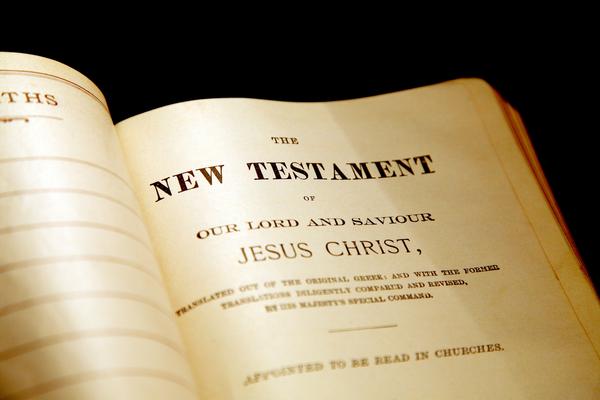Should Christians Pay Attention to Genealogies?

The genealogies leading to the Messiah, Jesus Christ, are vitally important as supportive proofs of his being qualified as God’s Messiah (Matthew 1:1-16; Luke 3:23-38). So we definitely do need them, and should pay attention to them. Other Biblical genealogies, while being important for historical purposes, so we should be aware of them, but, nevertheless, are not of great importance for Christians. Please see the other two articles on this site about genealogies.
Beyond what is mentioned above, Christians are warned:
 There are some significant differences between the Hebrew and Greek genealogies of
There are some significant differences between the Hebrew and Greek genealogies of 